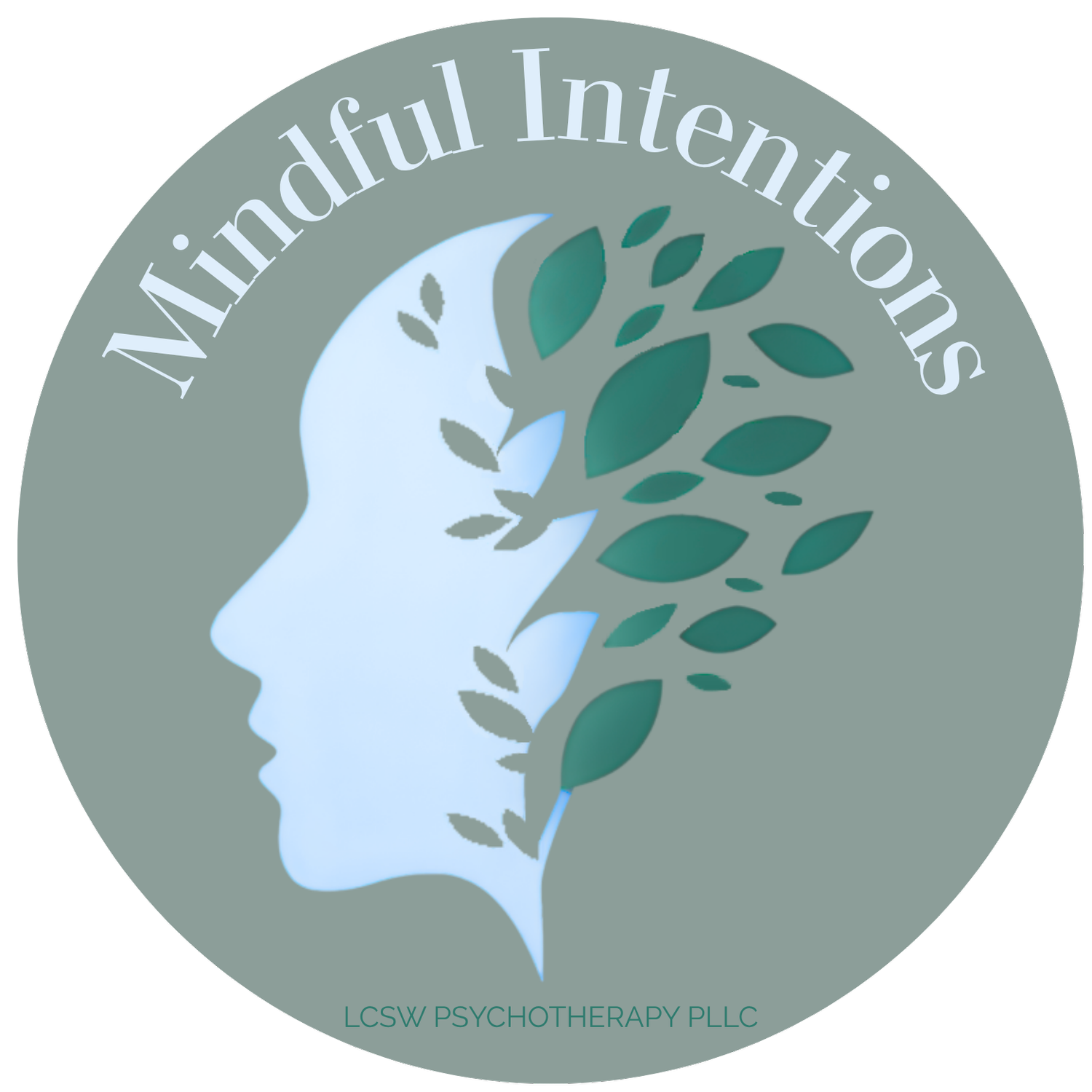Anger Management
Anger is a natural, human emotion—it’s not bad or wrong. In fact, anger can be a signal that something isn’t okay, that your boundaries have been crossed, or that you're carrying a lot of pain or stress underneath. Anger management isn’t about getting rid of anger—it’s about learning how to recognize it, understand it, and express it in ways that don’t hurt you or the people around you.
In therapy, we’ll explore what triggers your anger, how it builds up, and what happens when it takes over. We’ll also look at what might be beneath the surface—like fear, shame, sadness, or past experiences that taught you anger was the only safe or available response.
Together, we’ll work on tools to slow things down—like breathing, body awareness, and communication skills—so you can respond rather than react. The goal isn’t to suppress your anger, but to give you more control over it, so you feel empowered rather than out of control. Therapy can also help improve your relationships, your stress levels, and your sense of self-respect.
How We Can Help
The therapeutic process for anger management starts with understanding that anger itself isn’t the problem—it’s how it’s expressed or bottled up that can cause issues. So therapy isn’t about making you less angry; it’s about helping you respond to anger in ways that feel healthier, safer, and more in line with who you want to be.
We focus on awareness—learning to notice the early signs of anger in your body and mind before it escalates. You’ll start identifying your triggers, stressors, and patterns so we can interrupt the cycle before it leads to outbursts or shutdowns.
We work on practical tools: calming techniques, ways to pause in the moment, communication skills, and strategies for setting boundaries. Alongside that, we may explore deeper roots—like past experiences, unmet needs, or beliefs about control, respect, or vulnerability—that are fueling your anger.
Over time, you’ll build more emotional flexibility and confidence in your ability to handle difficult situations without losing control or shutting down. It’s a process, not a quick fix—but it can lead to stronger relationships, better self-control, and more peace of mind.
